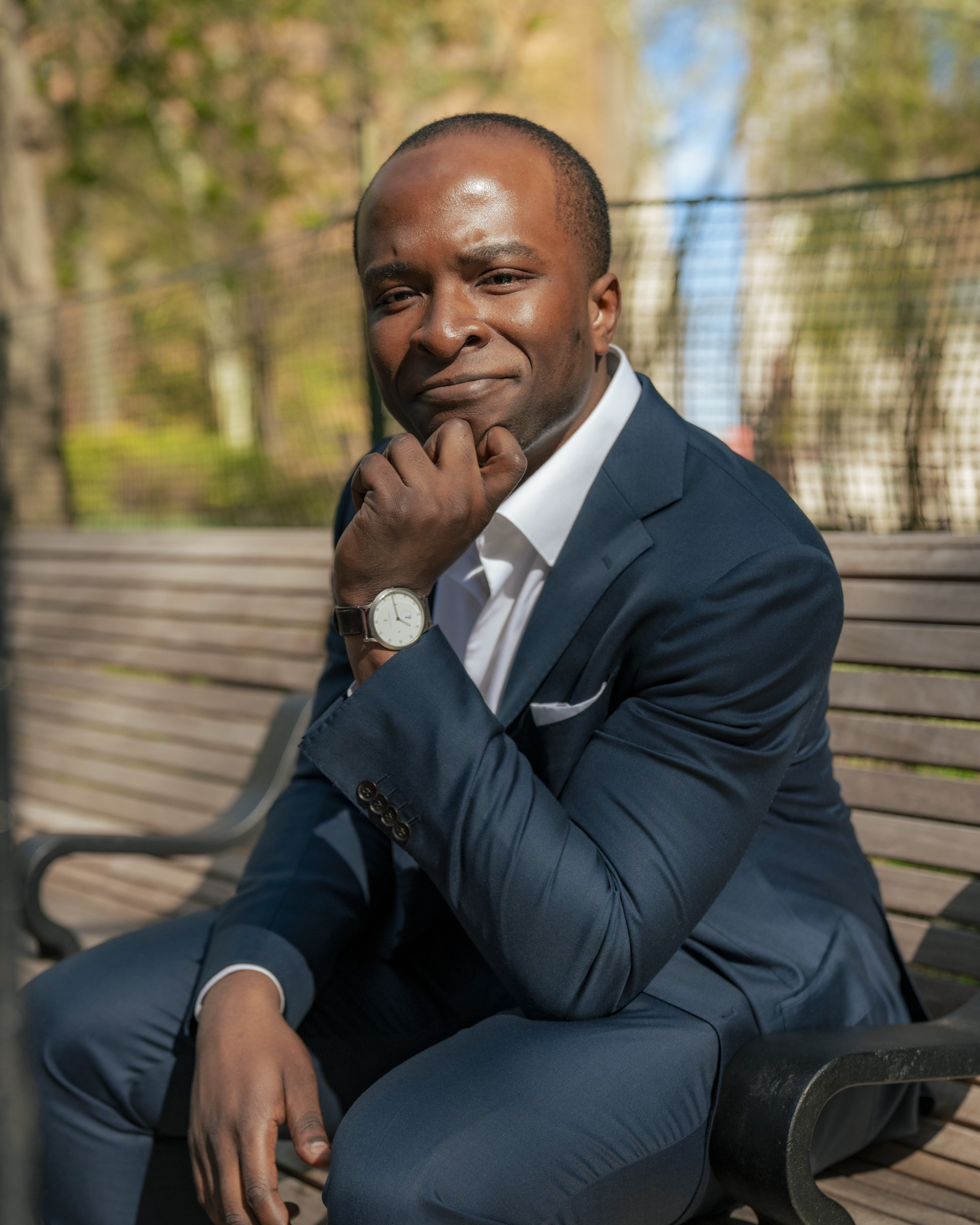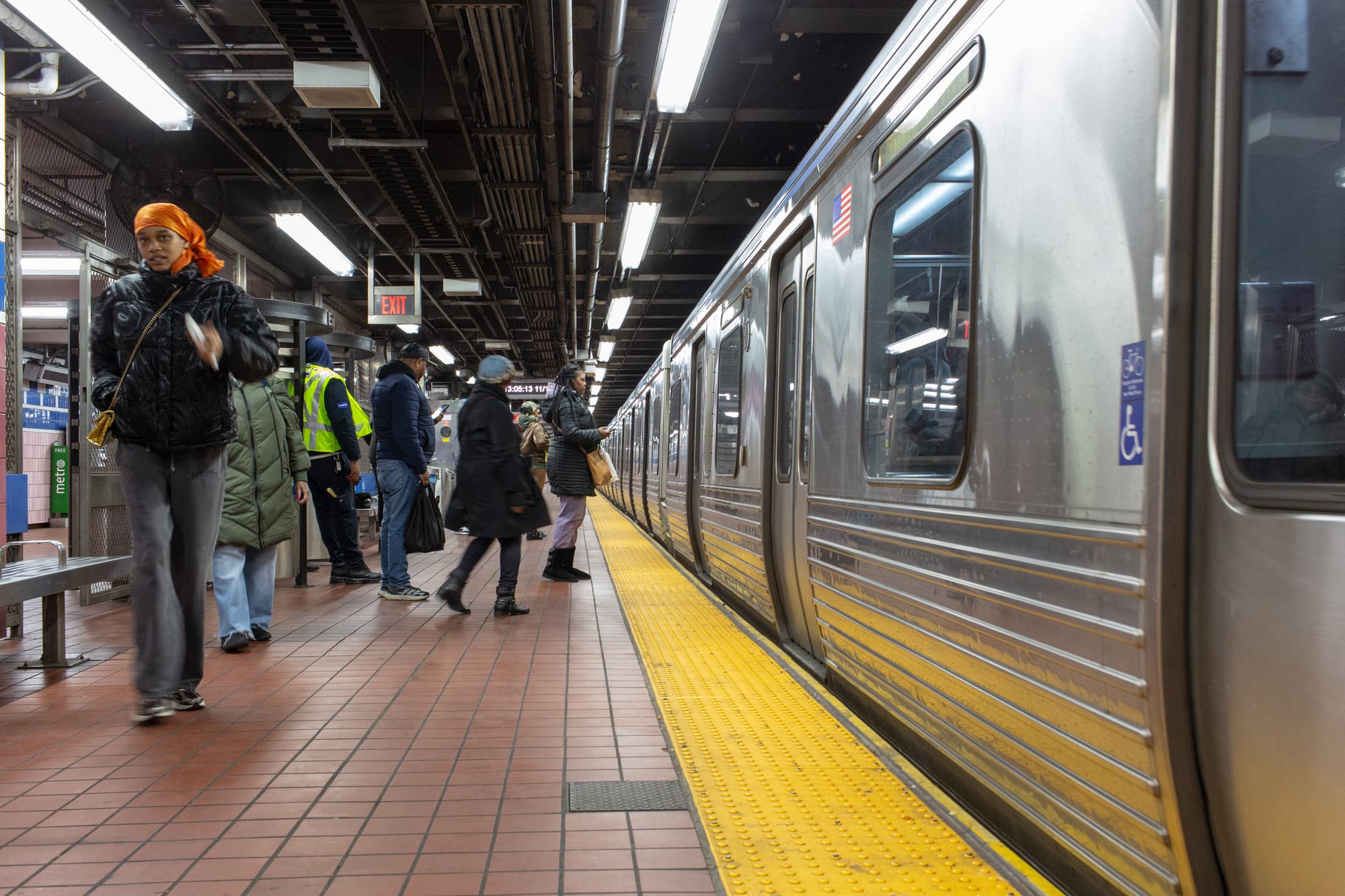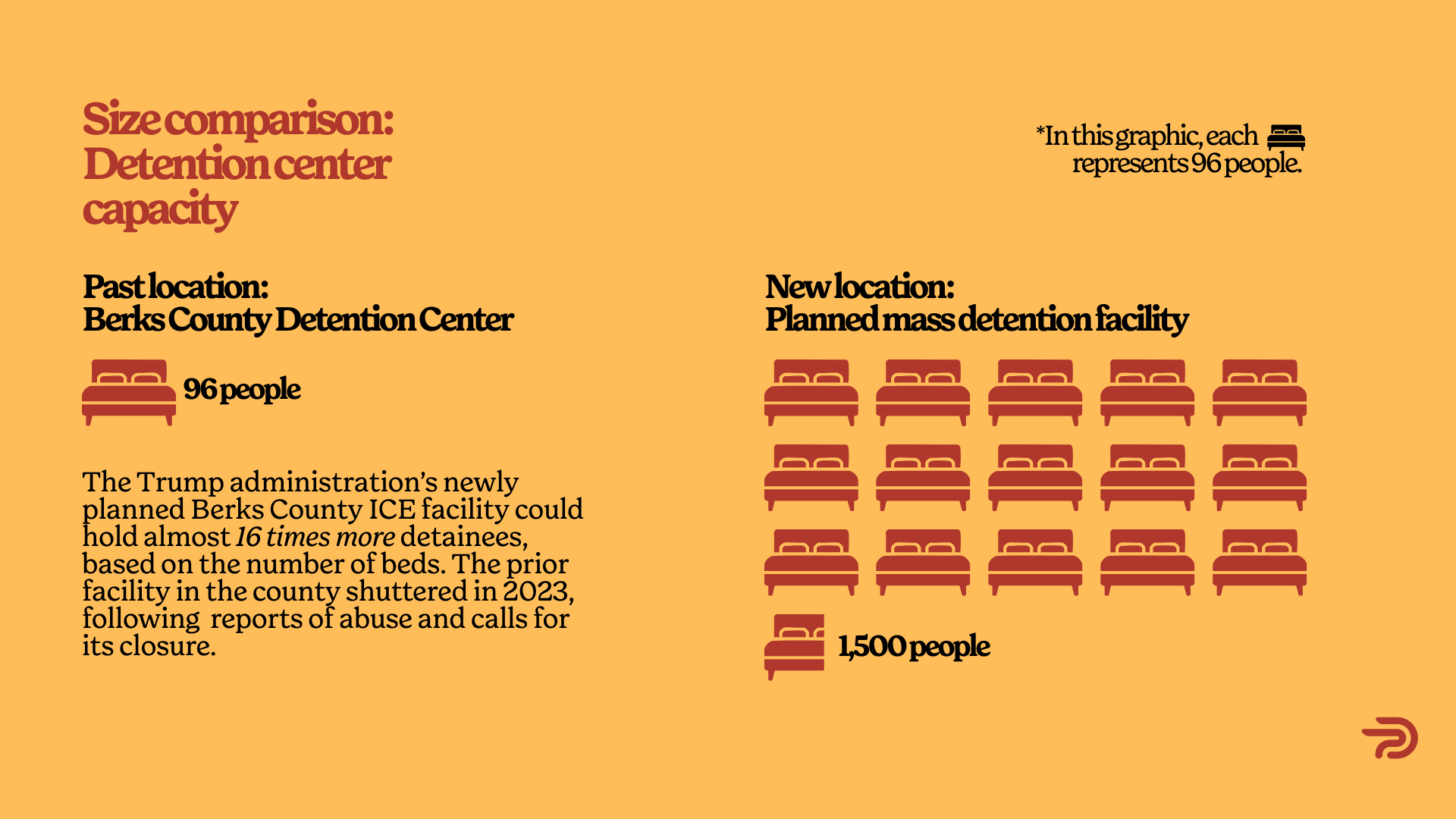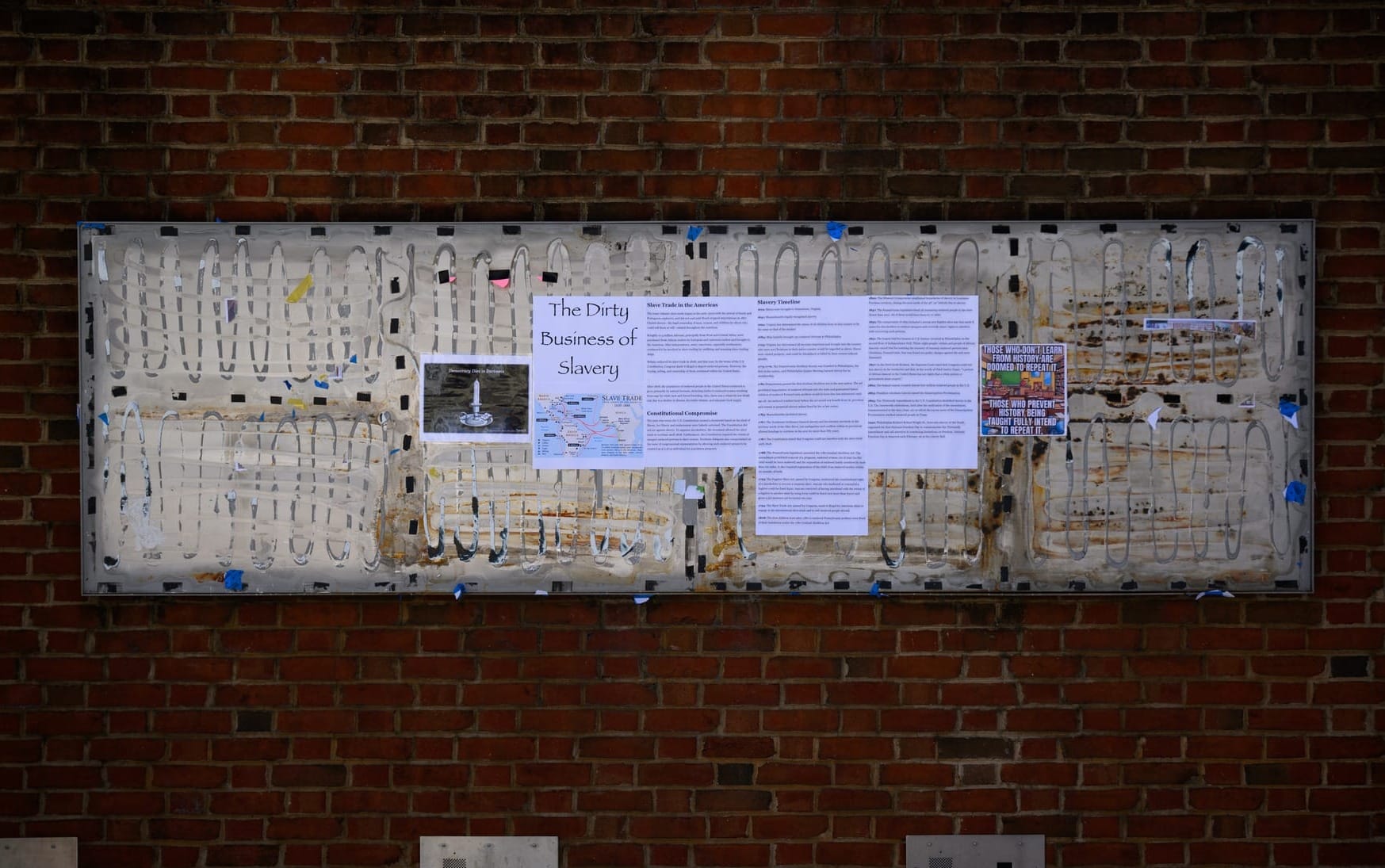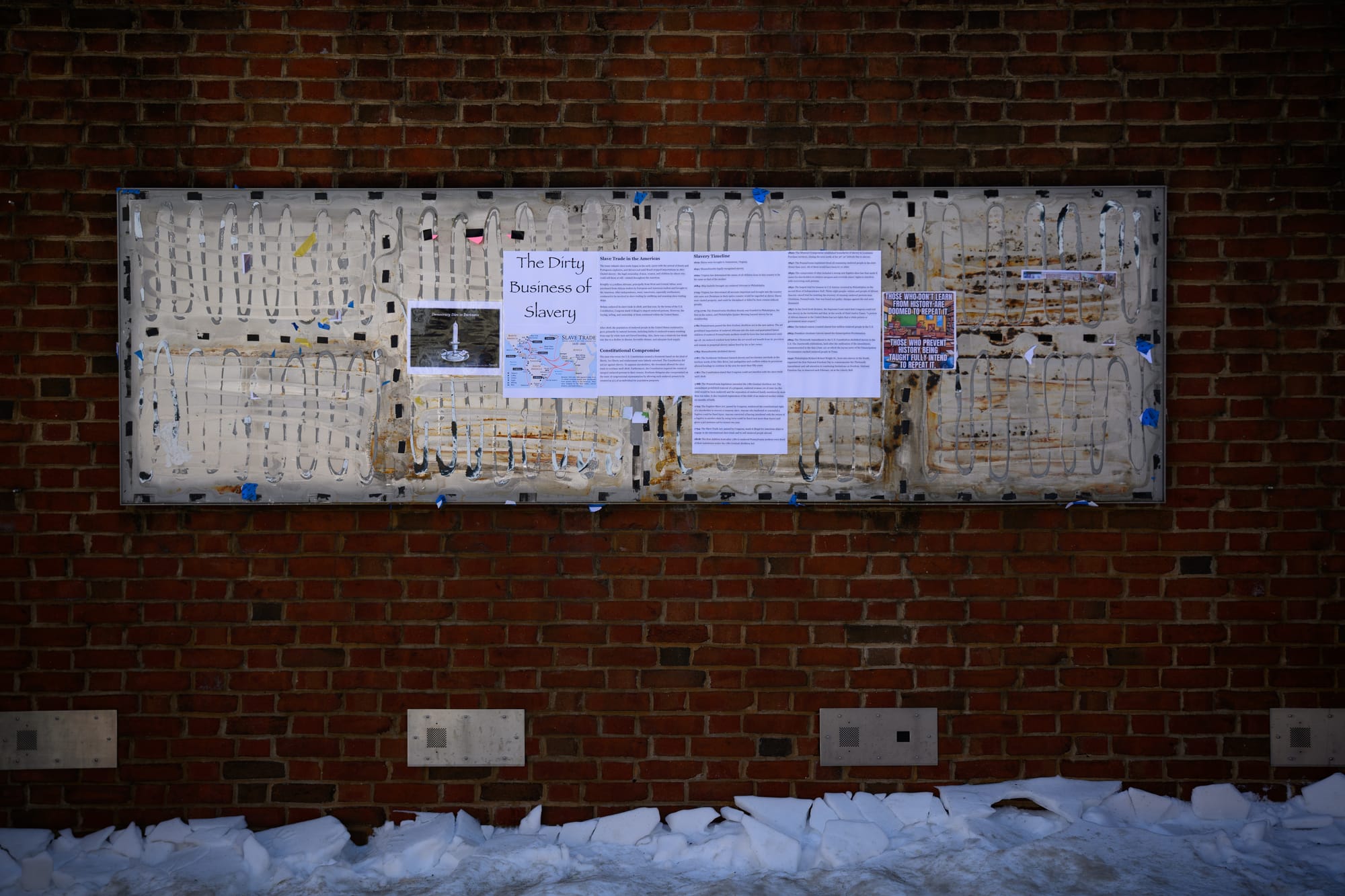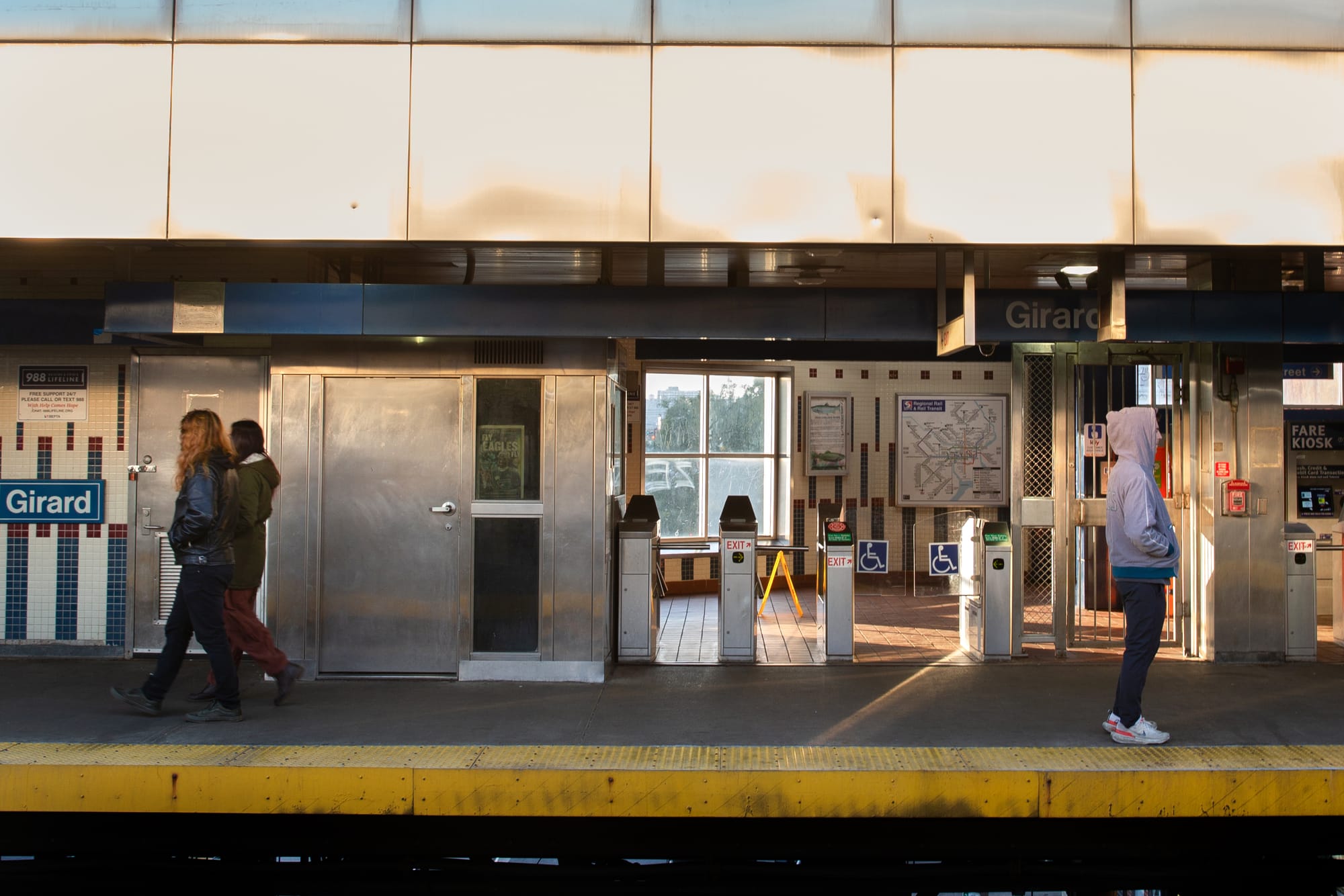Chairman Sabir is 100% Certain The 2024 Election Will Be Safe and Secure
In recent years, allegations of voter fraud have become increasingly relevant in our political landscape. Research indicates that election-related litigation—cases related to elections being taken to court—has tripled over the past decade.
In recent years, allegations of voter fraud have become increasingly relevant in our political landscape. Research indicates that election-related litigation—cases related to elections being taken to court—has tripled over the past decade. Alongside this, some politicians have claimed that elections are not secure and that bad actors are manipulating election outcomes.
This issue has occurred across the country. In Georgia, two Black election workers, Ruby Freeman and Shaye Moss, received death threats and faced racist voicemails. This also has hit close to home, particularly here in Philadelphia. During the 2020 election, The Philadelphia Inquirer reported that unmarked police cars were stationed outside the homes of election officials to protect them from death threats.
One individual even called into Philadelphia, stating:
"Hey, how are you? You know what happens to … politicians and election officials who support Black Lives Matter and who engage in voter fraud ... They learn firsthand, the hard way, why the Second Amendment exists. We are a thousand steps ahead of you, motherf—, and you’re walking right into the lion’s den."
As we approach the 2024 election, the threats against election workers have not diminished; in fact, they have escalated. I spoke with Chairman Omar Sabir, a Philadelphia City Commissioner, about the upcoming election, the issue of election safety, the myth of voter fraud, and how voting can positively impact our communities.
The transcript of our conversation can be read below.
Rotimi Adeoye: Hi, everyone. My name is Rotimi Adeoye with The Download and we're here with Chairman Sabir to talk about the 2024 election. Thank you for joining us Chairman Sabir. Also, thank you for having us in your office. We really appreciate it.
Chairman Sabir: Thanks for having me. It’s great to be here. This building is very unique. Did you know that when it was made it was called the largest municipal building in the world?
Rotimi Adeoye: Wow, I didn’t know that. Everytime I come here I’m always amazed by the detail that went into building this complex. Well, anyways, let’s jump into it.
I voted last week. This year I voted by mail and I'm wondering about what happens to my ballot right after I vote. Where does the ballot go?
Chairman Sabir: Every ballot has its own unique barcode. We have staff who collect them every day. And then it gets scanned in a system. Then you'll be notified by email when the ballot has been received. Then it's sorted. Then on election day, we start the process, we extract it.
Rotimi Adeoye: Wow, that sounds like a really complex process that has a lot of different layers to it. How do you get all of that work done? There's so many voters in Philadelphia. How do you put all that information together and count those votes?
Chairman Sabir: Well first, you gotta have a great, trusted staff. Then we have machines, we have sorters and organizers. We have about 200,000 square feet of space to do this process. So you have to have hundreds of employees. You have to have vendors, you have to have software. You have to have a whole set of operations. It's a logistical feat. I think we have the best election staff in the country.
Rotimi Adeoye: One other question I wanted to ask was misconceptions about election integrity. Some people have this idea that voter fraud is real. Can you talk about what voter fraud is and does it happen at all?
Chairman Sabir: If you walk down the street, you're more likely to be struck by lightning than voter fraud to happen. There’s a one in 172 million chance of voter fraud. There's a verifying paper trial for every person. We also do audits, we do recounts. So if you ever said, okay, man, I blew it. Where's my ballot at? We actually have your ballot profile.
Rotimi Adeoye: So why do you think this is a myth that has happened in the last couple of years? I was actually recently talking to another election lawyer and they mentioned that this is a new phenomenon that they're encountering, that people don't have trust in our elections. Why do you think that's happening?
Chairman Sabir: Well, it's misinformation. So all the claims about bad elections are only in cities where you can have the majority of African Americans or Latino voters. Think about where the claims are always directed. Philadelphia, Atlanta, Milwaukee, Detroit. It's just designed to compound the fears and myths that African Americans have already had about not being counted in the system.
The message was strategic. It was billions of dollars being spent targeting African Americans voters to dissuade them from voting. Because African Americans, always since about the sixties, seventies, have always been attacked for voting.
The turnout of the African American vote here in Pennsylvania has always decided who was gonna be the president.
Rotimi Adeoye: That's a really good point. I think that sometimes when we talk about elections, we forget about the systematic disenfranchisement of Black and Brown communities and how even to this day that's still happening.
On that point, as someone that works on elections: what do you say to young Black voters who may feel like their vote doesn't matter or don't want to vote because they don't think that their votes could have a real impact?
Chairman Sabir: Well, I say this. We must vote for our future generations. If you're a taxpaying citizen, why not say something about what's going on with your taxpaying dollars? We have ideas, we have policy, we have things that we want the government to do. But if you don't vote, you're not counted and especially with a city like Philadelphia, where the majority of registered voters are African American, Latino, and Asian. Look at the current leadership structure in Philadelphia. It doesn't necessarily represent that. Who's getting all the contracts? Who is getting the policies that favor them?
And the reason why is because communities of color don't participate like we should. And so that's the power that you have, you have to use and enforce that power. You can protest all you want. I'm not telling you not to protest. But protest and vote. Because there's nothing we can’t do.
The fact of the matter is, Pennsylvania is going to determine the presidency. And also you have the balance of power in the United States Senate. So it's real close right now. Congress is real close right now. We have elections going on in all parts of the state of Pennsylvania.
So it's paramount that we come out and vote, that's going to decide the balance of power. Again, we're calling on everyone in Philadelphia to not be selfish, to come out and exercise their right to vote.
Rottimi Adeoye: Something I want to do is take you back to the 2020 election. I really want to get to something that is now, unfortunately, this scary trend of threatening election officials. This was something that we saw in so many elections across the country, especially in Philadelphia. People were threatening election workers.
Could you walk me through how you felt when that was happening? A lot of recent studies have come out that show the majority of people who run elections aren't these national political figures, they are simply just people trying to work and contribute to their civic communities. How did you feel when some of those threats were happening coming towards you?
How did you feel about that? And how did you tackle that?
Chairman Sabir: I always think about the civil rights activist Octavius Catto. Catto was young man, 32 years old, assassinated on election day, October 10th, 1871. This young man was so excited about having the right to vote. He organized African Americans to vote. He graduated from Cheyney, taught at Cheyney. 32 years old, warrior, fought in the Civil War. And, also he was a founding member of Negro League. And ee was murdered on election night, simply for fighting for the right to vote.
I remember having a conversation with my wife. We saw threats of actual violence and how it could impact my family and children. I thought sacrificing myself would have been worth it for freedom. There's going to be a point in all our lives where the rubber meets the road. If someone is going to challenge you simply just because you're a Black person. We cannot allow that. We can't just sit there and take this.
Rotimi Adeoye: Wow. That's really powerful. I think it's great how you've connected the past injustices our country has faced to now.
And my last question here is beyond voting on Election Day. What role can an individual, a citizen play in supporting election integrity and maintaining trust in our public, democratic processes and working on democratic issues?
Chairman Sabir: Tell your friends and family everywhere and on social media that our elections are safe and secure. Speak about the safety of our elections. And send them to the trusted sources so they don’t fall victim to disinformation. If you live in Philadelphia County it would be the City Commissioner's website, but if you live in any other county, check your county’s website. And then you also check the website of the ACLU, the Committee of 70, the NAACP, the Urban League, get accurate and fact-checked information.
And they also use the enthusiasm of not just tweeting and being online, but actual activism to counter misinformation. You have to call your family and friends and let them know how critical it is. They cannot sit this out.
Also we're gonna need young people to say, okay, I don't think you can do a great job. I'm gonna work for the city and I'm going to run for office. If there’s an issue happening in your community you have to think: what can you do to fix this problem? Not just point the finger, and try to cancel them. Ask yourself what specific things you can do to fix your community. You need to make something happen.
Rotimi Adeoye: Well, I think that's a perfect place to end. Thank you so much, Chairman Sabir for talking to The Download.
